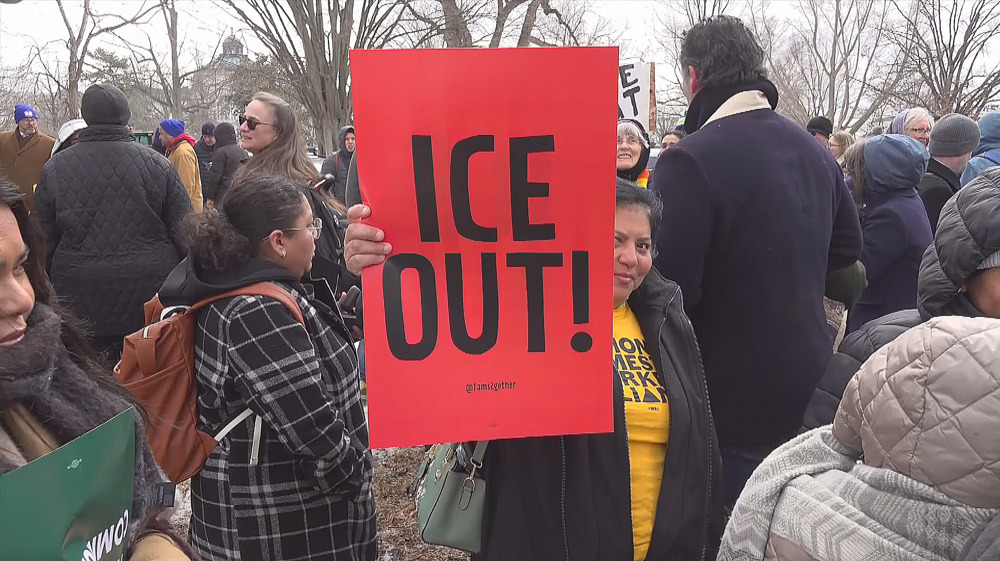Another era of austerity looms large on British minds
Saeed Pourreza
Press TV, London
The British government started the week with a big question hanging over its head: how to fund its billions of pounds worth of tax cuts announced last month?
While it continues to tout the benefits of its controversial growth plan, in the real world, the Central Bank has had to intervene a third time to try to stabilize the financial markets less than two weeks since Finance Minister Kwasi Kwarteng’s announcement of his mini budget sparked market turmoil and blistering political attacks.
The response from the finance minister was defiant despite his recent u-turn on tax cuts for the highest earners. What the IMF has also said is that high levels of inflation will persist longer in Britain than in almost all other advanced economies.
The Chancellor has not made clear where the cuts will fall. Experts say the choices he has to make will not be easy.
So what department could be targeted? The NHS has the largest budget, but experts say cutting that is not realistic. The PM is committed to increasing defense spending- which leaves other areas such as welfare and education looking vulnerable again.
More than 24 million Britons live on some sort of benefit. For the most vulnerable, a further reduction is unthinkable.
The UK economy unexpectedly shrank in August. Inflation is already at around 10 percent, Interest rates are up, pension funds are on the brink, and faith in the government shaken. With the bank of England's intervention in the markets due to end this week, is another government u-turn in the offing?
‘Textbook definition of terrorism’: Tehran denounces Pelosi’s call on US to exact ‘pain’ on Iranians
VIDEO | 39th AU summit opens in Addis Ababa with focus on water security, peace, and development
VIDEO | Iran: The stronghold Washington lost
Anti-Iran ‘Munich circus’ shows Europe has lost geopolitical weight: Araghchi
Swiss to act as venue of next round of Iran-US talks: Report
Report: Over 50,000 soldiers fighting in Israeli military hold foreign citizenship
Danish PM warns US attack on Greenland would spell end of NATO
Power running out at key Gaza hospital, ICU patients at risk: Report









 This makes it easy to access the Press TV website
This makes it easy to access the Press TV website